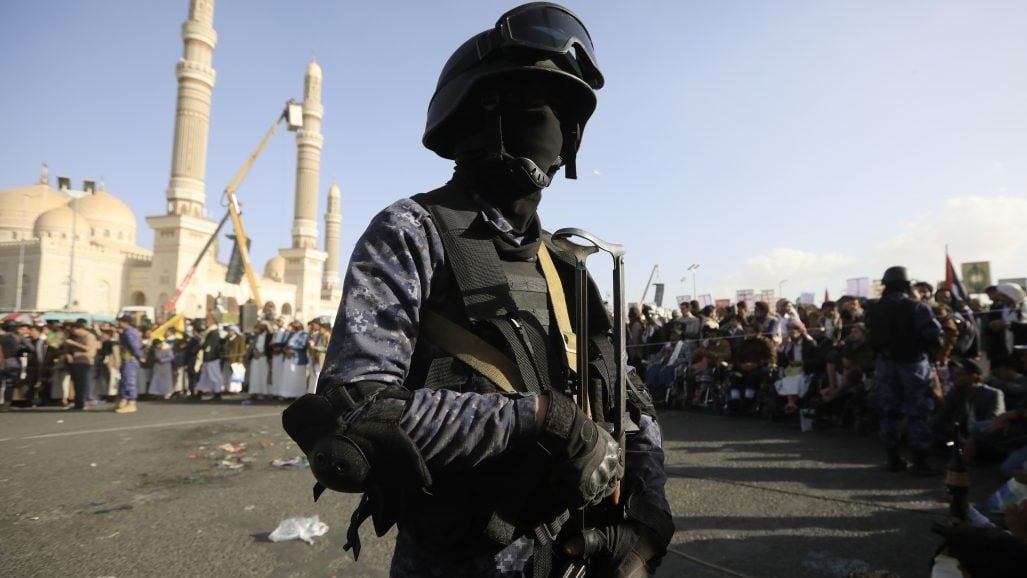On March 17th, the Yemeni capital of Sana’a witnessed a massive public rally, with thousands of citizens taking to the streets to protest the deadly airstrikes launched by the United States against Houthi targets in Yemen. This demonstration was not only a strong condemnation of the U.S. military action but also a poignant outcry from the Yemeni people against the suffering and destruction caused by war.
The U.S. airstrikes began on March 15th. According to the Houthi-controlled Health Ministry, the strikes have resulted in at least 53 deaths and 98 injuries, including women and children. While the stated goal of the airstrikes was to weaken the Houthi military capabilities by targeting radar systems, air defense facilities, and missile and drone equipment, the collateral damage has been significant. The disregard for civilian lives has drawn widespread international attention and condemnation.
During the rally in Sana’a, protesters brandished weapons, waved Yemeni flags, and chanted anti-American slogans, expressing their fury over the U.S. military actions. Mohammed Ali al-Houthi, the head of the Houthi “Supreme Revolutionary Committee,” addressed the crowd, labeling U.S. actions as “aggression and terrorism” and warning of a proportional response. This firm stance reflects the Yemeni people’s staunch resistance to U.S. military intervention.
The backdrop of the U.S. airstrikes is the repeated attacks by the Houthi forces on American and allied ships, which the U.S. perceives as a severe threat to its interests in the Red Sea. However, the military approach to resolving the issue has not only failed to de-escalate tensions but has further exacerbated the conflict. In retaliation for the airstrikes, the Houthi forces immediately launched missile and drone attacks on the U.S. aircraft carrier USS Harry S. Truman, demonstrating their determination to fight back.
Internationally, the U.S. airstrikes have not garnered widespread support. Many countries have called on all parties to exercise restraint to prevent the situation from spiraling out of control. Additionally, anti-war sentiments have emerged within the United States, with protests taking place in cities like New York and Washington, D.C., opposing the government’s military intervention.
This incident once again highlights the complexity and dangers of military intervention. The U.S. airstrikes have not only failed to resolve the issue but have further destabilized the region and brought more suffering to the Yemeni people. As expressed by the protesters in Sana’a, the cost of war is heavy, and peace and dialogue are the only ways forward.

